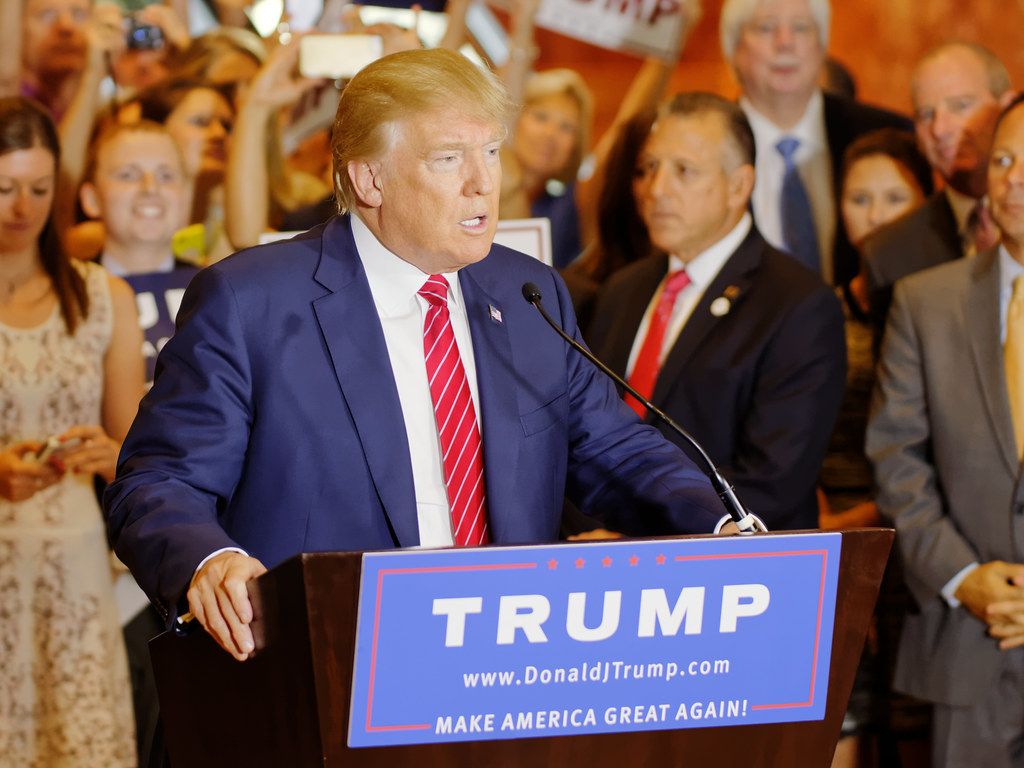
A recent incident in Washington, D.C., has reignited political tensions, with Donald J. Trump once again threatening a federal takeover of the city. The event at the center of this renewed federal pressure involves Edward Coristine, a notable former staff member of the Department of Government Efficiency (DOGE), who was attacked during an attempted carjacking in the Logan Circle neighborhood.
The confrontation occurred around 3 a.m. on Swann Street NW, according to reports from the Metropolitan Police Department. Mr. Coristine and a woman, identified as his partner, were approached by a group of juveniles demanding their vehicle. He acted to protect her before being injured. A prompt response from local law enforcement resulted in the arrest of two 15-year-olds from Hyattsville, Maryland, now charged with unarmed carjacking.
Authorities continue to investigate, seeking additional individuals involved. D.C. Fire and EMS treated Mr. Coristine at the scene, and the case remains open.
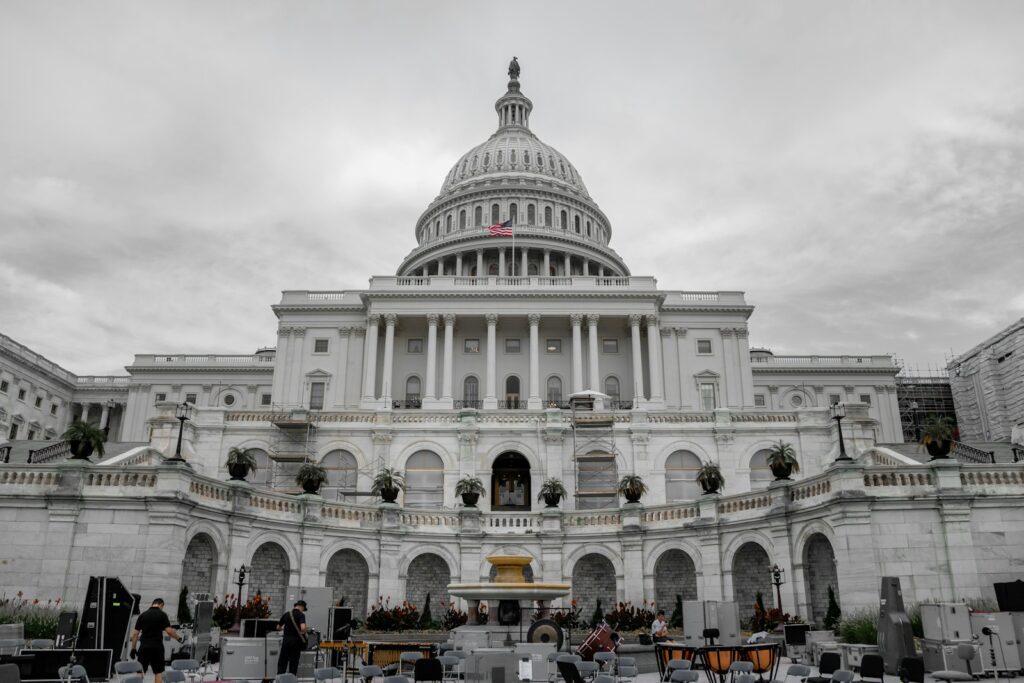
Trump’s Public Reaction and Renewed Threats
President Trump responded quickly via Truth Social, calling the incident further evidence that “crime in the city [is] totally out of control.” He included a photograph of Mr. Coristine and stated in a press appearance, “By the way, I have to say that somebody from DOGE was very badly hurt last night. You saw that. A young man who was beat up by a bunch of thugs in D.C.”
Trump then issued a pointed message to city leadership: “Either they’re gonna straighten their act out in terms of government and in terms of protection, or we’re going to have to federalize and run it the way it’s supposed to be run.” He sharply criticized local policies surrounding youth crime, asserting that “Local ‘youths’ and gang members, some only 14, 15, and 16-years-old, are randomly attacking, mugging, maiming, and shooting innocent Citizens, at the same time knowing that they will be almost immediately released.”
Calling for a policy shift, Trump proposed that D.C. laws be amended to allow for the prosecution of minors as adults beginning at age 14. He concluded his online statement with a warning: “If D.C. doesn’t get its act together, and quickly, we will have no choice but to take Federal control of the City.” He added, “Perhaps it should have been done a long time ago.”

Broader Calls for Federal Oversight
Elon Musk, former head of DOGE and a public supporter of stricter crime policies, echoed Trump’s message. Posting on X, he recounted the incident and endorsed the idea of federal oversight. He wrote, “It is time to federalize DC.”
This renewed call for federal control comes amid ongoing debate about the role of federal oversight in local D.C. governance, especially regarding safety. U.S. Attorney for D.C. Jeanine Pirro offered a more nuanced view during a community event, stating, “Crime is going down in D.C.” and credited cooperation between families, law enforcement, and the community. Later, she clarified, “Crime is not down enough — ask any crime victim,” while emphasizing the importance of accountability for younger offenders. “It’s time to stop coddling young criminals who assault and maim innocents,” Pirro stated, adding that her office intends to ensure consequences for criminal behavior.
Current Crime Trends and Legal Complexities
Official data from the Metropolitan Police Department shows that overall crime has decreased by 7% and violent crime by 26% compared to the previous year. However, incidents involving youth remain a concern, especially in cases related to vehicle theft. In many of these cases, juveniles are arrested, raising questions about how young offenders should be handled within the legal system.
While the D.C. Attorney General’s office manages most juvenile cases, the U.S. Attorney for D.C. holds the authority to prosecute individuals aged 16 and 17 as adults for specific violent crimes. This legal structure reflects the ongoing debate between local accountability and federal intervention.
Attorney General Brian Schwalb commented on the recent case, stating, “No one who lives, works or visits D.C. should experience this; it is horrific and disturbing.” He affirmed that with sufficient evidence from law enforcement, his office is committed to prosecuting those responsible and ensuring consequences for their actions.
Meanwhile, the D.C. Police Union criticized several city council members, pointing to their past support for policing reforms as a contributing factor to current challenges.
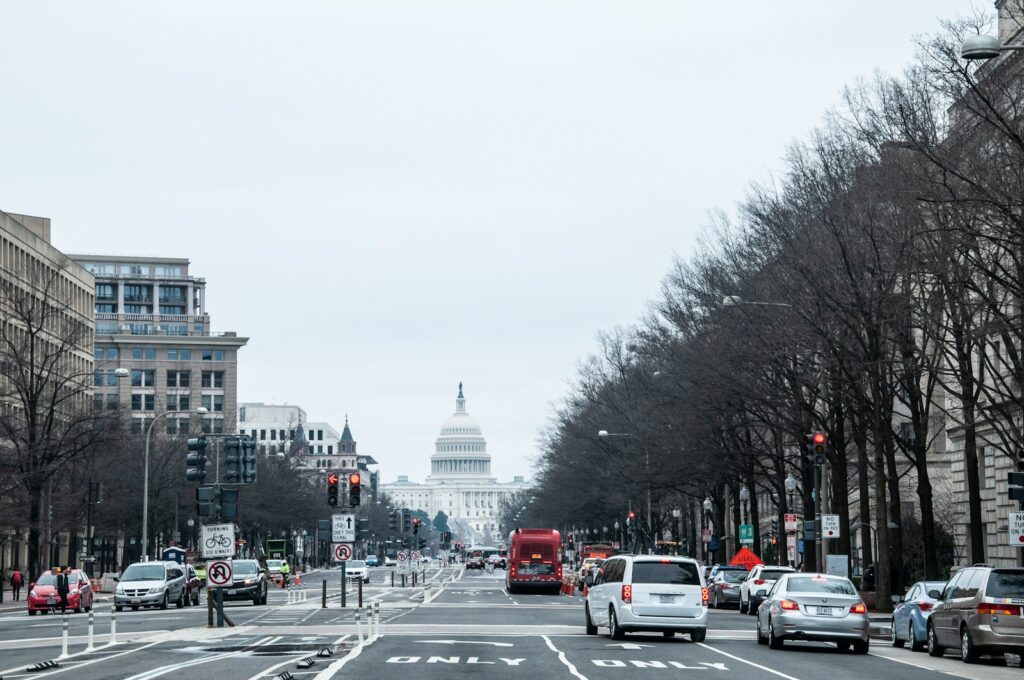
The Tension Between Local Authority and Federal Control
The unique political status of Washington, D.C., which does not have full statehood, makes it vulnerable to federal intervention. Incidents such as this have often been used by Republican leaders to highlight what they view as systemic issues in Democratic-led cities.
President Trump’s stance is not new. He previously declared his desire to take stronger federal action in D.C., saying, “We will take over the horribly run capital of our nation in Washington, D.C., and clean it up, renovate it and rebuild our capital city.” In February, he stated, “I think we should run it strong, run it with law and order. Make it absolutely, flawlessly beautiful.”
Earlier this year, Trump established the “D.C. Safe and Beautiful Task Force,” a group intended to coordinate federal participation in matters such as immigration law enforcement and public safety. The task force’s mandate included enforcing a wide range of local laws.
Despite these ambitions, any full federalization of the District would require congressional action to revoke D.C.’s home rule, which has existed since 1973. While Congress retains the power to override local laws and reallocate federal oversight of specific agencies, current legislative support for a total repeal remains limited.
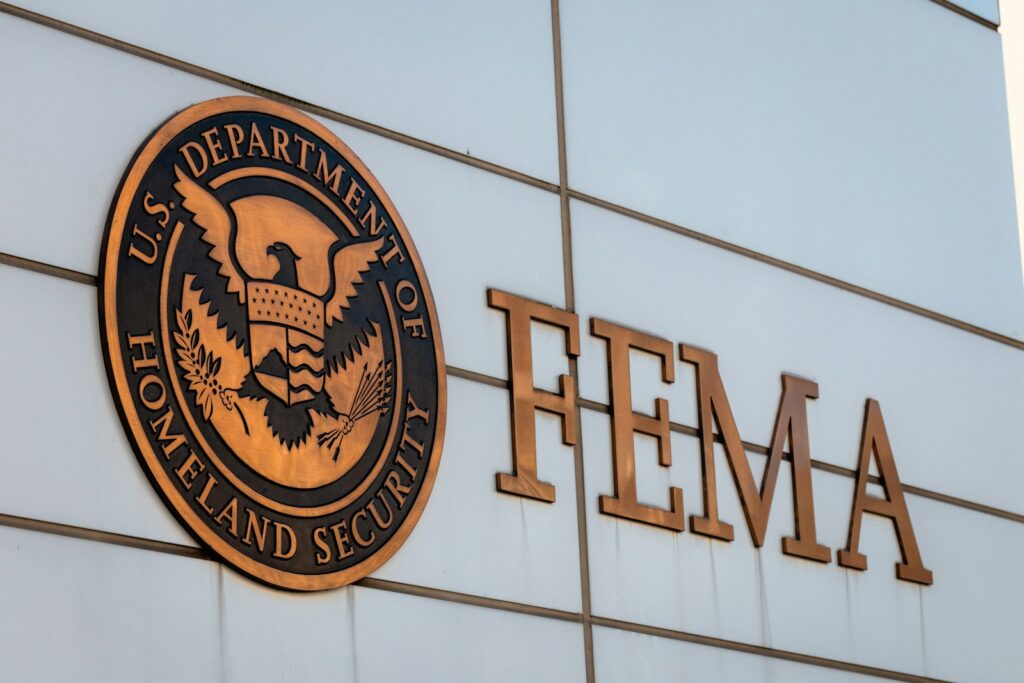
Edward Coristine’s Role and the Political Symbolism
Edward Coristine, age 19, is more than a private citizen. As one of the original and prominent members of DOGE, he helped shape the Trump administration’s efforts to reduce federal bureaucracy. His work has involved access to departments such as Homeland Security and FEMA, raising earlier questions about internal oversight. Though it is unclear whether he remains at DOGE, the Social Security Administration confirmed his employment as a special government employee as of late June.
The incident involving Mr. Coristine has rapidly evolved into a symbol of the broader political struggle over governance in the capital. While city officials emphasize improvements in public safety and point to ongoing progress, Trump’s call for intervention underscores the fragile balance between federal power and local autonomy.
Mayor Muriel Bowser’s office declined to comment on Trump’s remarks. Once a vocal critic of his administration, Bowser has taken a more cautious approach during Trump’s second term. In March, she announced the removal of the Black Lives Matter Plaza mural after congressional Republicans threatened to withhold funding, stating, “We have bigger fish to fry,” in response to D.C.’s broader financial and structural challenges.
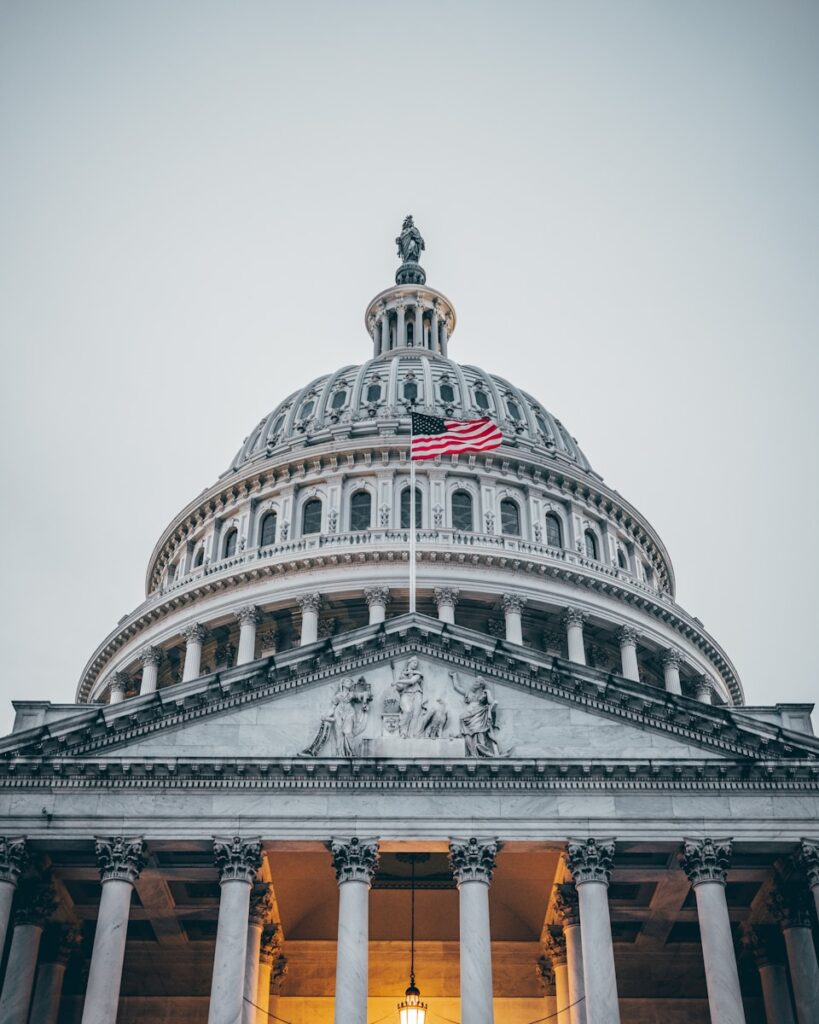
The developments following this incident place Washington, D.C., once again in the national spotlight, not just for local events, but for what it represents. The city’s identity—as a symbol of democracy, a center of federal power, and a community seeking its own voice—is now being tested. Calls for federal intervention contrast sharply with ongoing local efforts to build safer neighborhoods through civic partnership.
As investigations continue and public debate escalates, the future of D.C.’s governance remains uncertain. Whether the capital’s residents can maintain their autonomy or will see expanded federal oversight may depend not only on crime statistics, but on how the balance between national leadership and local self-determination is ultimately navigated.




